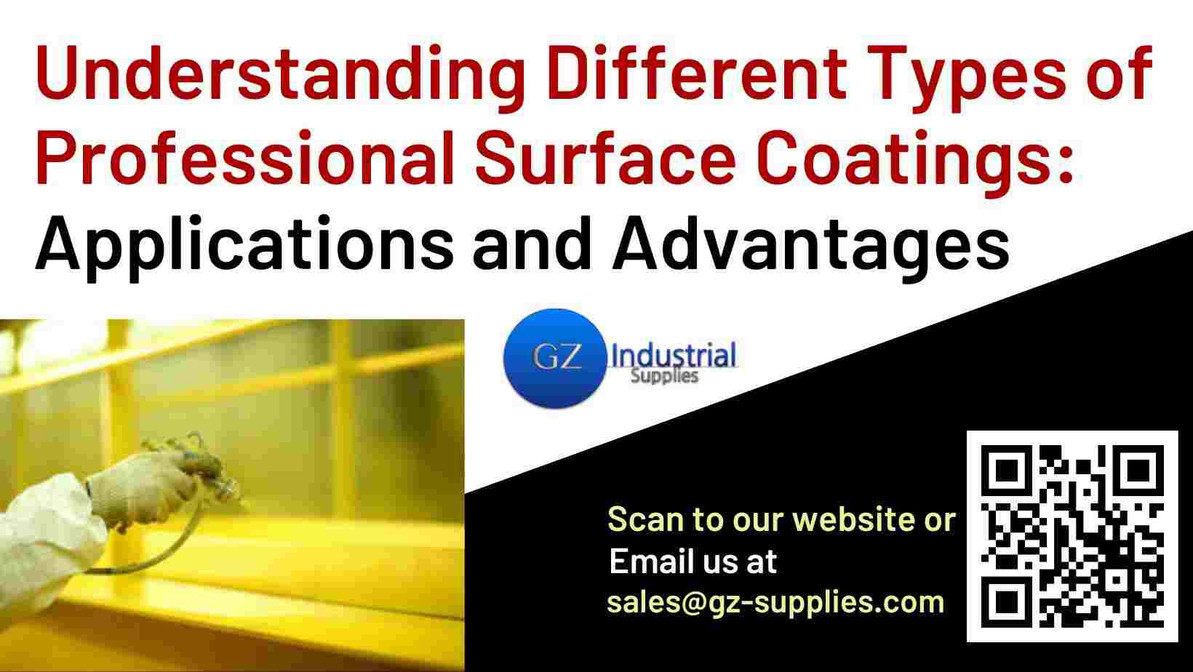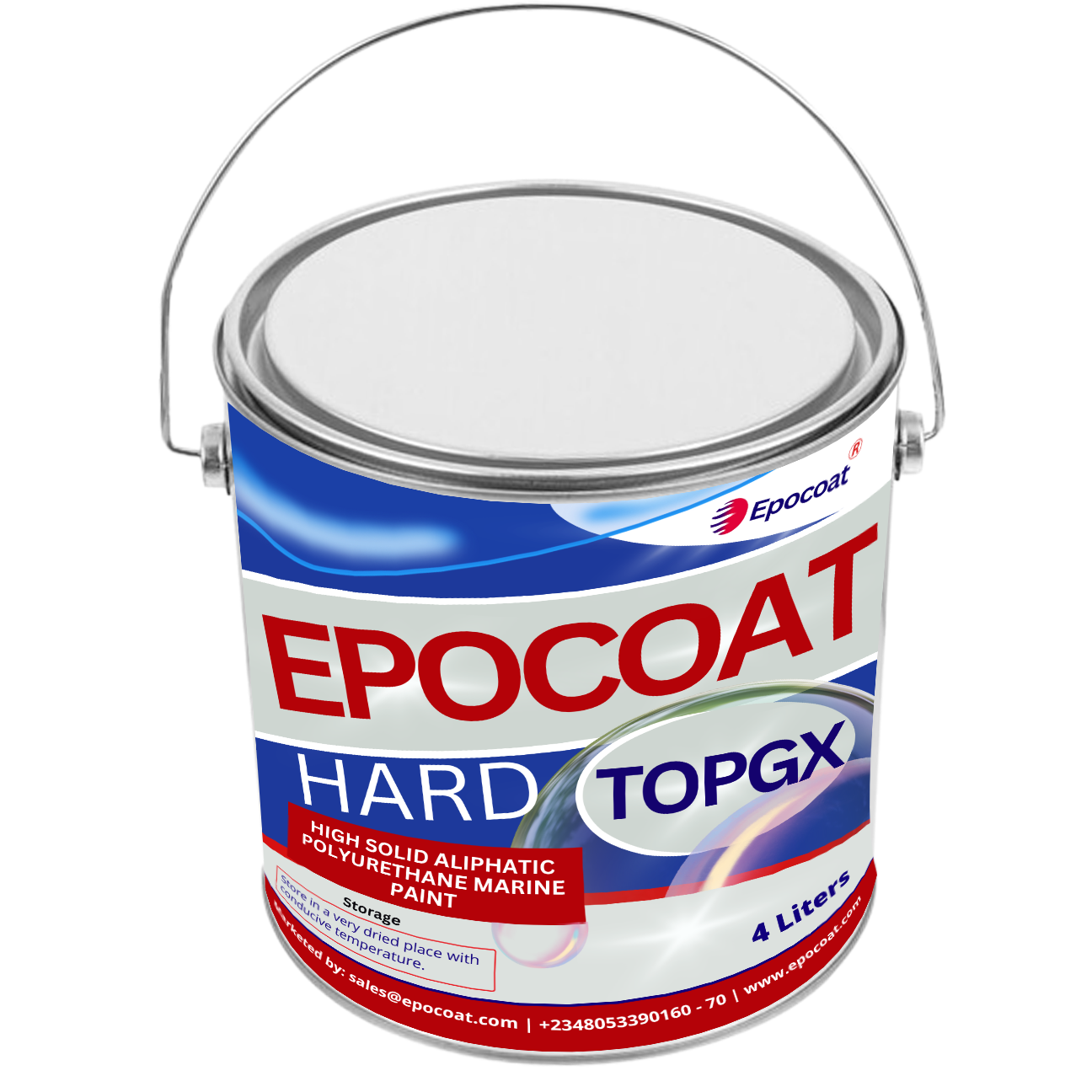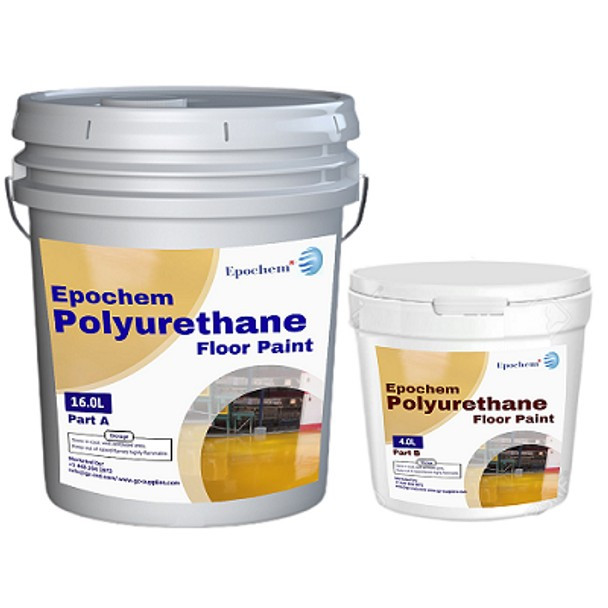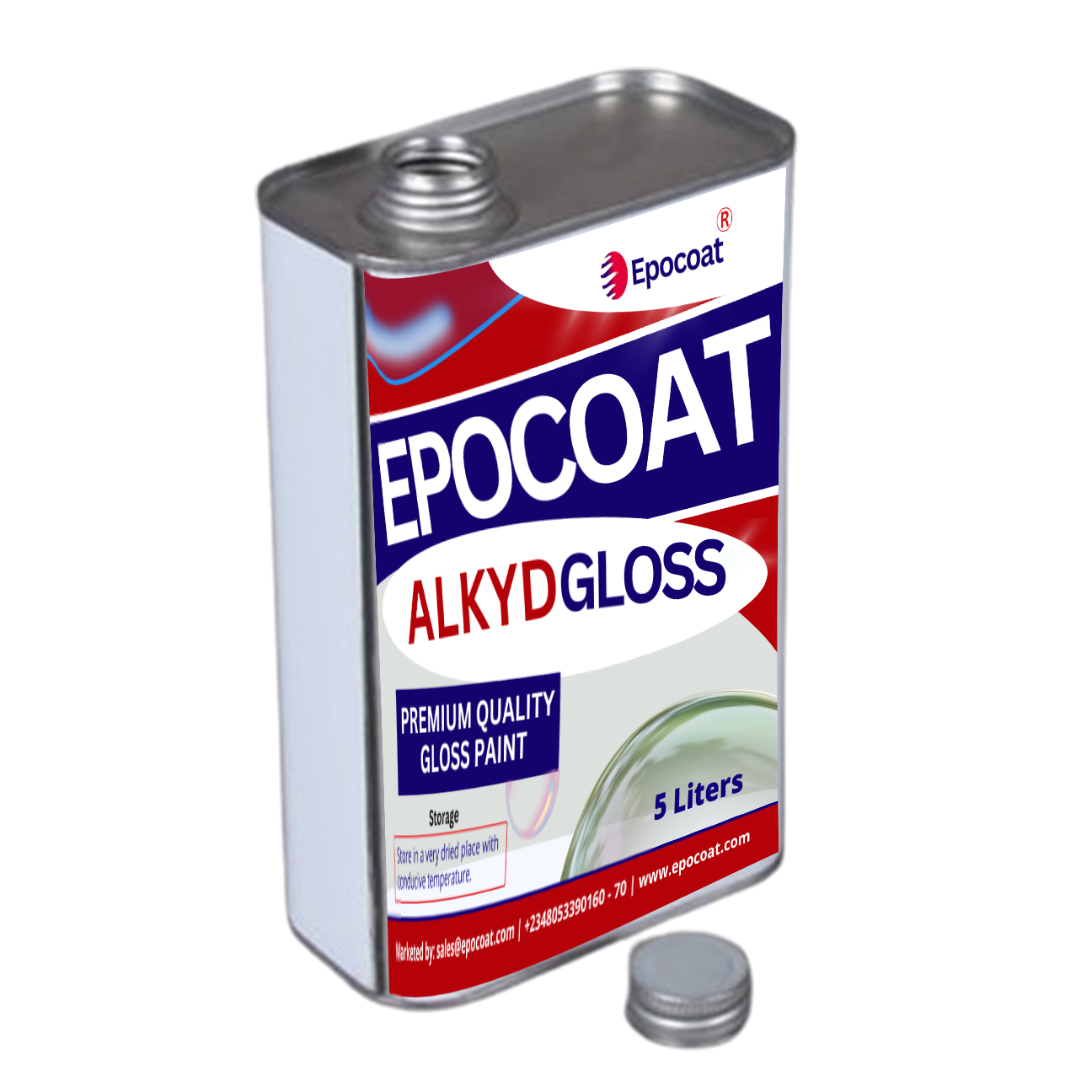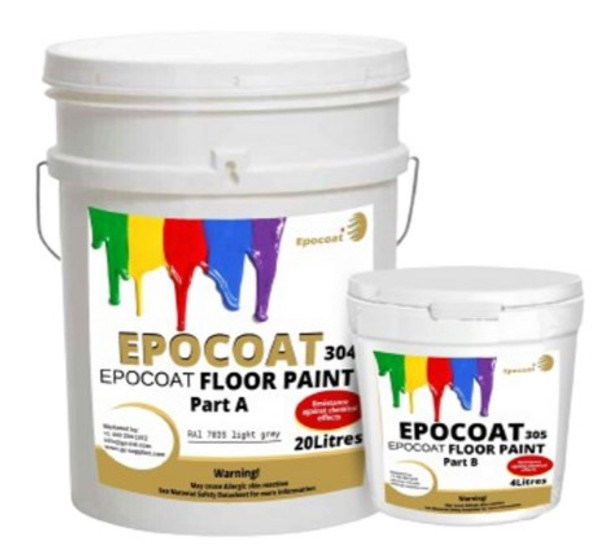Understanding Different Types of Professional Surface Coatings: Applications and Advantages
Key Takeaways
Introduction
Surface coatings are vital in preserving and enhancing the appearance and functionality of materials across various industries. These coatings act as a protective layer, safeguarding surfaces from environmental factors such as corrosion, UV radiation, chemicals, and physical wear. In industrial and commercial settings, surface coatings are indispensable. They do not only protect structures and machinery from degradation but also improve their aesthetic appeal.
Selecting the appropriate surface coating is crucial for achieving desired results and ensuring long-term performance. Various coatings, such as epoxy, polyurethane, and acrylic, offer distinct properties including durability, adhesion, and resistance to specific elements. Matching the coating type to the substrate and project requirements is essential. Factors like cost, environmental impact, and maintenance considerations should also be evaluated. By carefully considering these aspects, professionals can select the optimal coating to protect and enhance surfaces while meeting project objectives.
Whether it’s preventing rust on a metal bridge, providing a cleanable surface in a food processing plant, or enhancing the durability of a factory floor, surface coatings play a crucial role in maintaining the integrity and safety of assets. This article explores different types of professional surface coatings, focusing on their applications and advantages.
Types of Professional Surface Coatings And Their Applications and Advantages
1 Epoxy Coatings
Composition and Characteristics
Epoxy coatings are well-known for their exceptional strength and durability. Composed of a resin and a hardener, epoxy coatings create a tough, adhesive bond that is highly resistant to chemicals, moisture, and abrasion. This makes them ideal for surfaces that undergo heavy wear and tear. The chemical composition of epoxy coatings allows for a high level of customization in terms of color, texture, and thickness, providing versatility in their application.
Common Applications
Epoxy coatings are widely used in industrial floors, warehouses, garages, and commercial spaces where durability is paramount. They are also commonly applied in environments that require resistance to chemicals and spills, such as laboratories and factories. The coating’s ability to withstand heavy traffic and harsh conditions makes it an excellent choice for high-performance settings.
Advantages
- Durability: Epoxy coatings can last for several years, even under heavy use.
- Chemical Resistance: They offer protection against a wide range of chemicals, making them ideal for industrial applications.
- Easy Maintenance: Surfaces coated with epoxy are easy to clean and maintain, contributing to a more hygienic environment.
2. Polyurethane Coatings
Composition and Characteristics
Polyurethane coatings are known for their flexibility and resistance to environmental factors, including UV radiation. These coatings are available in various formulations, including aliphatic and aromatic types, each offering unique properties. Aliphatic polyurethane coatings are particularly noted for their excellent color retention and resistance to yellowing, making them ideal for applications exposed to sunlight.
Common Applications
Polyurethane coatings are commonly used in flooring, automotive finishes, marine environments, and outdoor structures. Their ability to withstand extreme weather conditions makes them a preferred choice for surfaces exposed to the elements, such as bridges, boats, and exterior facades. In the automotive industry, they provide a high-gloss, durable finish that protects vehicles from scratches and environmental damage.
Advantages
- High Gloss and Aesthetic Appeal: They provide a smooth, glossy finish that enhances the appearance of surfaces.
- UV Resistance: Polyurethane coatings are highly resistant to UV rays, preventing fading and degradation over time.
- Flexibility and Impact Resistance: They remain flexible, even in low temperatures, and can withstand impacts without cracking.
3. Acrylic Coatings
Acrylic coatings are versatile, water-based or solvent-based products known for their quick drying times and ease of application. These coatings form a durable, protective film that resists weathering, making them ideal for exterior surfaces. Water-based acrylics are particularly favoured for their environmental benefits, offering low VOC emissions compared to solvent-based alternatives.
Common Applications
Acrylic coatings are widely used in architectural settings, such as on exterior walls, roofs, and decorative finishes. Their quick drying time makes them suitable for projects with tight schedules, while their easy application process appeals to both professionals and DIY enthusiasts. Additionally, acrylic coatings are popular for protecting and enhancing concrete surfaces, metal, and wood.
Advantages
- Quick Drying: This feature allows for faster project completion, reducing downtime.
- UV Resistance and Color Retention: Acrylic coatings maintain their color and integrity even after prolonged exposure to sunlight.
- Environmental Friendliness: Water-based acrylics offer lower environmental impact, making them a greener choice for surface protection.
4. Alkyd Coatings
Composition and Characteristics
Alkyd coatings are oil-based products that provide a tough, durable finish. These coatings take longer to dry than water-based alternatives but offer superior adhesion and hardness once cured. Alkyd coatings are known for their excellent gloss retention and ability to withstand harsh weather conditions, making them a reliable choice for outdoor applications.
Common Applications
Alkyd coatings are often used on metal structures, machinery, and outdoor equipment. Their durability makes them suitable for environments where a tough finish is required, such as on industrial machinery, railings, and metal fences. Alkyd coatings are also commonly used in the automotive industry for priming and finishing metal surfaces.
Advantages
- Strong Adhesion: They bond well to a variety of surfaces, providing a long-lasting protective layer.
- Gloss and Hardness: Alkyd coatings offer a high-gloss finish that is both attractive and durable.
- Resistance to Weathering: These coatings are highly resistant to environmental factors, ensuring longevity in outdoor applications.
5. Zinc-Rich Coatings
Composition and Characteristics
Zinc-rich coatings are specialised products that contain a high percentage of zinc, providing cathodic protection to metal surfaces. These coatings are classified into two main types: inorganic and organic. Inorganic zinc-rich coatings offer superior resistance to heat and solvents, while organic zinc-rich coatings are more flexible and easier to apply.
Common Applications
Zinc-rich coatings are extensively used for protecting steel structures, pipelines, and marine applications. They are particularly valuable in environments where corrosion is a significant concern, such as offshore platforms, bridges, and industrial plants. The high zinc content in these coatings provides excellent sacrificial protection, preventing rust and extending the lifespan of metal surfaces.
Advantages
- Superior Corrosion Protection: The high zinc content provides excellent sacrificial protection, which is crucial in preventing rust.
- Long-Term Durability: These coatings are designed to last, even in harsh environments, reducing the need for frequent maintenance.
- Versatility in Application: Zinc-rich coatings can be applied to various surfaces, making them a versatile choice for industrial protection.
6. Fluoropolymer Coatings
Composition and Characteristics
Fluoropolymer coatings are advanced coatings known for their exceptional chemical resistance and low surface energy, which gives them non-stick properties. These coatings are composed of fluoropolymer resins that provide a slick, durable surface that resists chemicals, heat, and corrosion. Their unique properties make them ideal for applications requiring extreme durability and a non-stick surface.
Common Applications
Fluoropolymer coatings are widely used in industries such as aerospace, food processing, and chemical manufacturing. They are commonly applied to equipment, cookware, and components that require a non-stick, easy-to-clean surface. In the aerospace industry, they are used to protect parts from the harsh conditions of flight, including extreme temperatures and chemical exposure.
Advantages
- Outstanding Chemical Resistance: These coatings withstand exposure to a wide range of chemicals, making them ideal for industrial use.
- Non-Stick Properties: The low surface energy of fluoropolymers prevents substances from adhering, making surfaces easy to clean.
- High-Temperature Resistance: Fluoropolymer coatings can maintain their properties even under extreme temperatures, ensuring long-term performance.
7. Ceramic Coatings
Composition and Characteristics
Ceramic coatings are inorganic, non-metallic films that provide a hard, protective layer. These coatings are known for their high resistance to heat, wear, and corrosion. The ceramic particles in these coatings create a tough, abrasion-resistant surface that can withstand harsh conditions. Due to their excellent heat resistance, ceramic coatings are often used in high-temperature environments.
Common Applications
Ceramic coatings are used in a variety of applications, including automotive, aerospace, and industrial machinery. In the automotive industry, they are applied to engine components and exhaust systems to reduce heat and friction. In industrial settings, ceramic coatings are used to protect machinery and equipment that operates under extreme temperatures or in corrosive environments.
Advantages
- High Heat Resistance: These coatings can withstand extremely high temperatures, making them ideal for heat-intensive applications.
- Durable and Long-Lasting: Ceramic coatings are highly resistant to wear and tear, ensuring a long service life.
- Enhanced Performance: By reducing friction and heat, ceramic coatings can improve the performance and efficiency of components.
Frequently Asked Questions
1. What is the best surface coating for industrial floors?
Epoxy coatings are often the best choice for industrial floors due to their durability, chemical resistance, and ease of maintenance.
2. Can polyurethane coatings be used outdoors?
Yes, polyurethane coatings are ideal for outdoor use because of their excellent UV resistance and flexibility, which helps them withstand harsh weather conditions.
3. How do I choose the right coating for a high-temperature environment?
For high-temperature environments, ceramic coatings are recommended due to their superior heat resistance and durability.
4. What are the environmental benefits of using water-based acrylic coatings?
Water-based acrylic coatings emit lower levels of VOCs, making them a more environmentally friendly option compared to solvent-based coatings.
5. Why is zinc-rich coating preferred for steel structures?
Zinc-rich coatings offer excellent corrosion protection for steel structures by providing sacrificial protection, which prevents rust and extends the lifespan of the steel.
Related Aritcles
The Definitive Guide to Protective Coatings: Types, Applications, and Benefits
Comparing Different Coating Techniques: Pros and Cons
Types of Coatings: Choosing the Right Paint for Your Surfaces
Conclusion
Understanding the various types of professional surface coatings is essential for selecting the right solution for your specific application. Each coating type, from epoxy to ceramic, offers unique characteristics and advantages that make it suitable for different industrial and commercial uses. By choosing the appropriate coating, you can protect surfaces, enhance durability, and improve the overall performance of your assets
When selecting a surface coating, consider the specific needs of your environment, such as exposure to chemicals, UV light, or high temperatures. Always follow manufacturer guidelines for application to ensure the coating performs as expected.
Looking for high-quality surface coatings? VisitGZ Industrial Supplies to explore our wide range of professional coatings. Whether you need epoxy, polyurethane, or ceramic coatings, we have the products to meet your needs. Shop with us today and protect your assets with the best coatings available!
Recent Posts
-
Why Serious Mechanics Are Switching to Japanese-Made Shinano Air Tools
Japanese-Made Shinano Air Tools Key takeaway: Shinano’s tight-tolerance, twin-hammer designs d …Apr 24, 2025 -
Top 10 Hand Tool Brands for Professionals
Introduction When it comes to professional hand tools, quality, durability, and reliability are para …Apr 23, 2025 -
HOW DOES CORROSION INHIBITOR WORK
Introduction Corrosion has posed a lot of problems to various companies and industries; by interfer …Apr 22, 2025

